Mysore/Mysuru: Maintaining that Gandhiji’s dream of Gram Swaraj would have been realised had our people representatives displayed will, noted writer Roopa Hassan regretted that ‘Gandhi patha’ is moving backwards, instead of racing forward.
She was speaking on the topic ‘Gandhi – Rural India’ at the National Seminar organised as part of ‘Bahuroopi 2020’ National Theatre Festival at Kirurangamandira in Kalamandira premises here yesterday.
Noting that India was a country with 80 percent villages when Gandhi conceptualised ‘Gram Swaraj’ decades ago, Roopa Hassan said that 60 percent of the country’s population still live in rural areas.
Bemoaning the mushrooming of slums in cities and urban areas, she said that many villages came out of darkness, superstitions, illiteracy etc., after drawing inspiration from Gandhi’s concept of Gram Swaraj. But despite Gandhi’s efforts, the villages are yet to fully come out of evil practices, she regretted.
Continuing, she said that Gandhi always believed vocational training must be introduced at the primary level and that rampant automation was detrimental to the interests of the country as this would render crores of youths jobless.
Expressing concern that villages have become dumping yards of urban waste, she said that Gandhiji was of the opinion that concentration of money and power with a handful of individuals posed a big threat to democracy and the concept of Gram Swaraj.
Stating that the Panchayat Raj system was introduced based on the thoughts of Mahatma Gandhi and Dr. B.R. Ambedkar, she argued that the rural scenario underwent a significant transformation because of the Panchayat Raj system of administration.
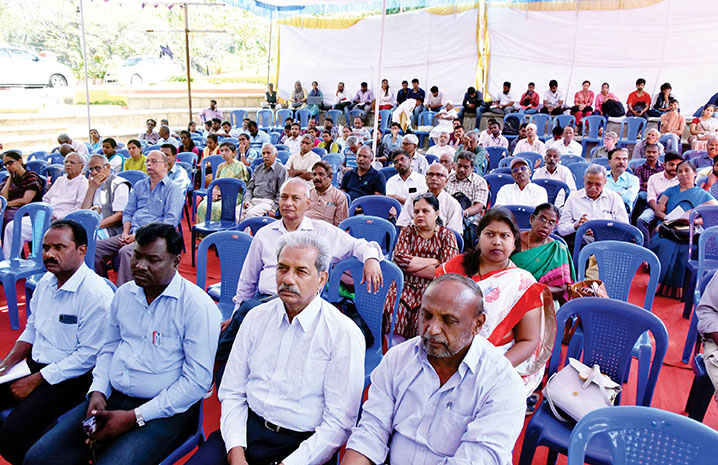
Lamenting the construction of temples for Nathuram Godse, the killer of Mahatma Gandhi, Roopa claimed that the country was going through a period of hate and intolerance. Observing that Gandhi and Dr. Ambedkar were two eyes of the country, the writer said that although there were differences between the two, they had a common sight which is taking the country from darkness towards light.
While Gandhi fought for changing the hearts of people for the better, Dr. Ambedkar raised voice for human dignity and civil rights, she added.
Referring to Gandhiji’s concern for the sexually exploited, Roopa said that the Mahatma had called upon women to revolt against the system through non-violent means.
Regretting that the Government is yet to implement the report submitted by the Government-constituted Committee, of which she was a member, on the rehabilitation of sexually exploited women, even after three years of submission, she wanted the Government to take stern measures for protecting the rights and dignity of women.
Pointing out that Gandhiji, believing that liquor ban was the best medicine for healthy villages, had fought for liquor-free villages, Roopa said that the display of Gandhiji’s portraits in Excise Department offices, which issue liquor licenses, make a mockery of the Mahatma.
Expressing concern over break-up and destruction of families because of men becoming drunkards, she called upon the rural womenfolk to intensify stir against the menace.
Senior Journalist Ravindra Bhat said that Gandhiji often used to mention his profession as Journalism. Noting that Gandhiji had developed the power not to hate anyone, he said that Gandhiji always believed in truth and practised it throughout his life.
Although Gandhi’s ideals and principles appeared simple at the outset, they required a great amount of commitment for practising them in life, he pointed out.
Social activist Kadashettihalli Satish too spoke. Senior Journalist Hrishikesh Bahadur Desai and others were present.



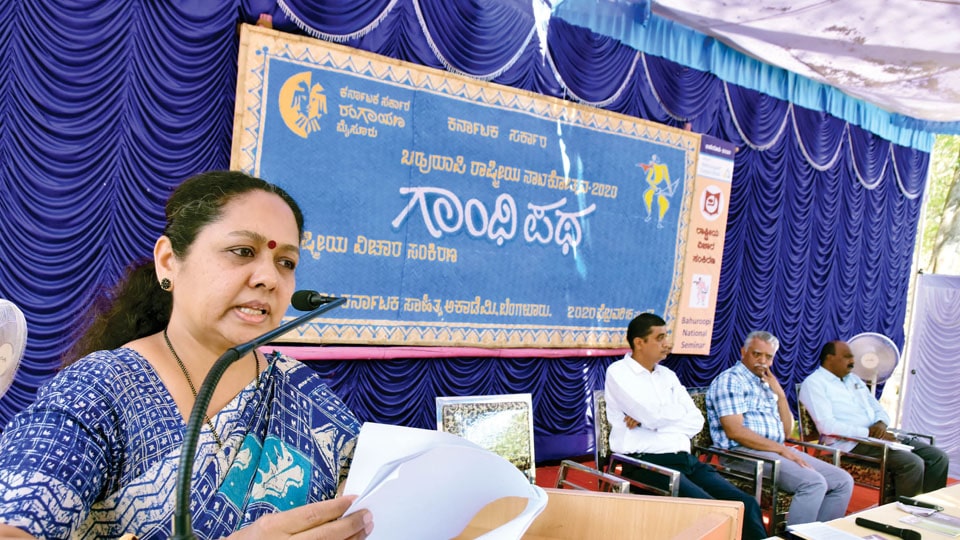
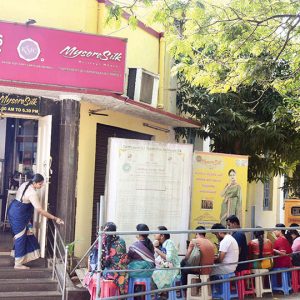
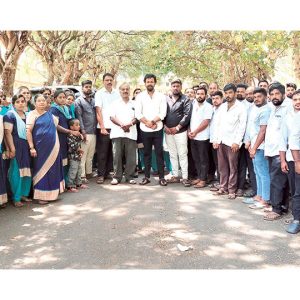
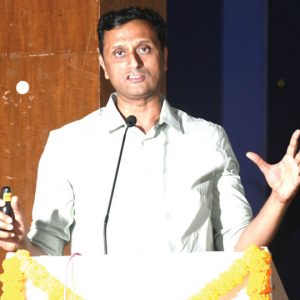
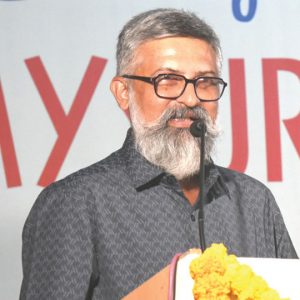
Recent Comments